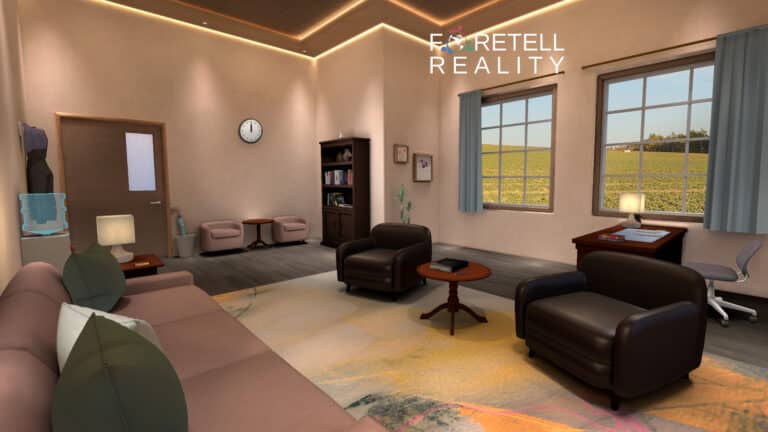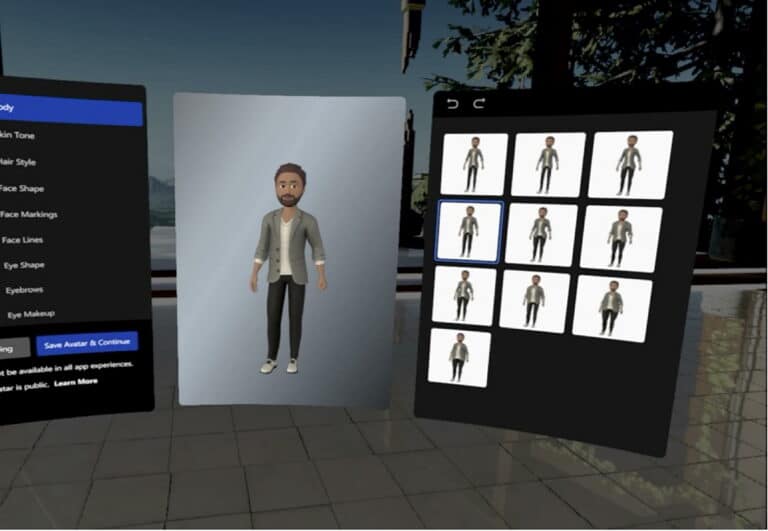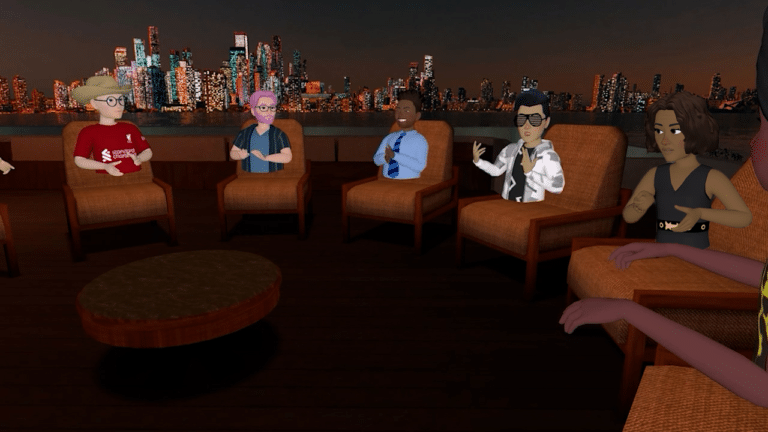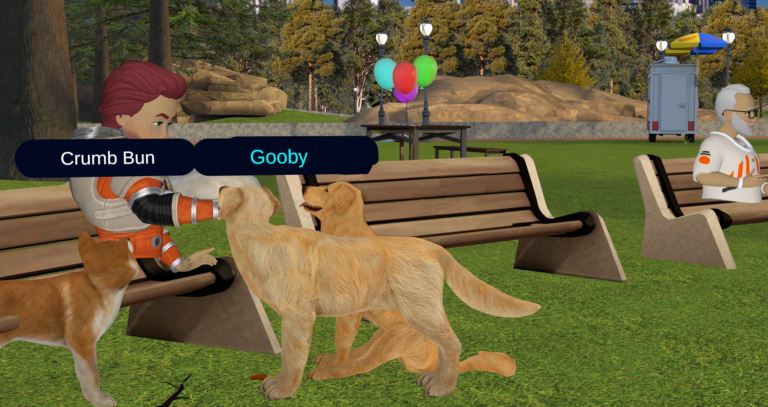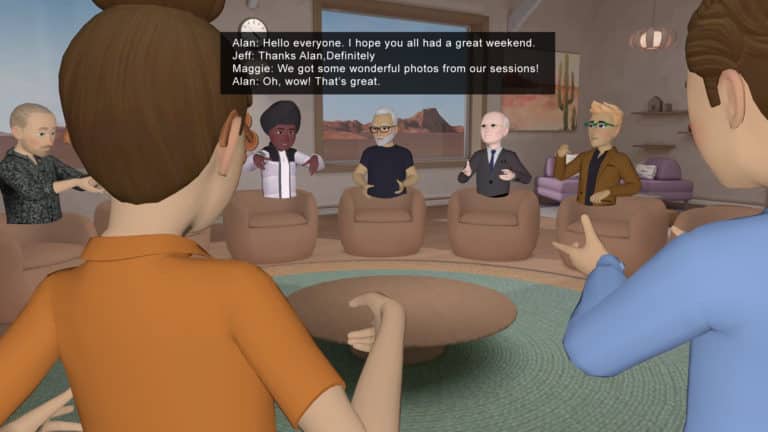Virtual reality has traditionally been viewed as a technology that allows users to immerse themselves in computer-generated environments, giving them the opportunity to experience a vast number of scenarios and surroundings. Until recently, VR software only offered the ability to stimulate two senses: sight and sound. Various attachments have attempted to close this gap between fiction and reality by adding a smell or taste component, but the one sense that hasn’t been properly addressed, and is perhaps the most vital to addressing this gap, is touch. Enter: Meta’s haptic glove.
The haptic glove prototype offers the sensation of touching or holding objects in virtual reality. This is achieved with the help of hundreds of actuators – small inflatable motors that mimic the feeling of pressure. Meta is working to improve the functionality of this feature by enabling the glove to detect exactly where you are in a virtual field, how close you are in proximity to an object, as well as the physical properties of various objects. Meta Research Director Sean Keller believes in the large impact this will have: “We use our hands to communicate with others, to learn about the world, and to take action within it. We can take advantage of a lifetime of motor learning if we can bring full hand presence into AR and VR. People could touch, feel, and manipulate virtual objects just like real objects — all without having to learn a new way of interacting with the world.”
Don’t get too excited though – this glove is years from being market ready. RL Research Process Engineer, Katherine Healy, addresses the manufacturing difficulties Meta is facing, considering the gloves are being individually assembled by skilled engineers. “We use semi-automated processes where we can, but manufacturing these gloves at scale will require the invention of new manufacturing processes,” Healy mentions. Despite these setbacks, VR technology is predicted to become widely accessible in coming years.
Haptic technology isn’t necessarily new to the market, it just hasn’t been widely available to the public, nor has it attracted the interest of people other than serious gamers or movie producers. It’s taken years for the public to welcome the idea that VR technology has more practical uses than just gaming or entertainment.
Though initial applications may focus on gaming and hard skills training, areas like therapy and support, soft skills training, and real time collaboration will also benefit. With this glove, you’ll be able to realistically manipulate 3D product prototypes, shake hands while practicing mock job interviews, and make realistic, genuine connections with other people through the sensation of touch during therapy and support sessions.
Foretell Reality is a social VR platform for therapy and support, soft skill training, and real time collaboration. We employ current technologies such as hand tracking and are constantly extending our capabilities to support the latest headsets and accessories. To learn more or schedule a demo, click here.



